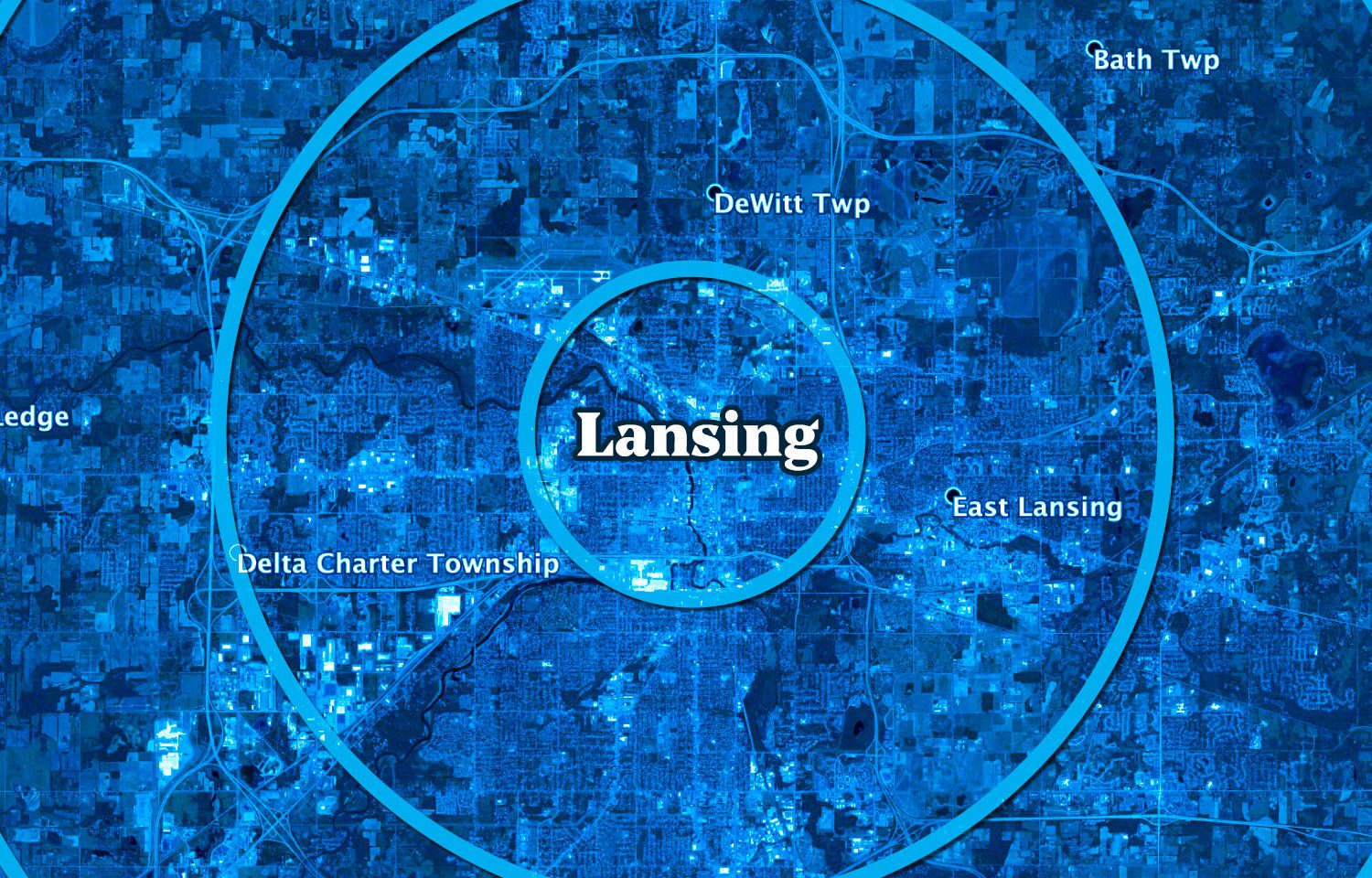Good News for Mid-Michigan as Secondary Cities Attract Companies
By Natalie Jones / 02.17.21 / 3 min read
Over the months, we’ve covered discussions about how the pandemic has impacted office spaces. We looked at the safety protocols that companies are establishing for in-person workspaces, the reasons why offices are still important, and the progress of an office development in Lansing. Recently, another finding for these types of buildings emerged that involves a shift in investments for offices.
According to a report from investment company Graceada Partners, downtown high rises across the country will drop in value by 10 to 15 percent. Companies will look into office space in smaller secondary cities to explore affordable options for their business plan. However, offices in primary cities are expected to eventually bounce back in value, meaning that investments in offices in secondary cities won’t be the main focus in the long run.
The uptick in secondary market office demand is attributed to easy access for workers. What does this mean for commercial real estate professionals? The short commute and lower real estate costs of secondary cities will make companies more interested in establishing office space rather than opting for the remote work environment.
The “outpost economy” — the term Graceada Partners uses to describe trends in the industry — changes the landscape for both primary and secondary cities. As attention turns away from traditional markets for now, secondary locations must be stable to attract young professionals, especially those that have been recognized by population decline or economic hardships in the past. To read our source, click HERE.








